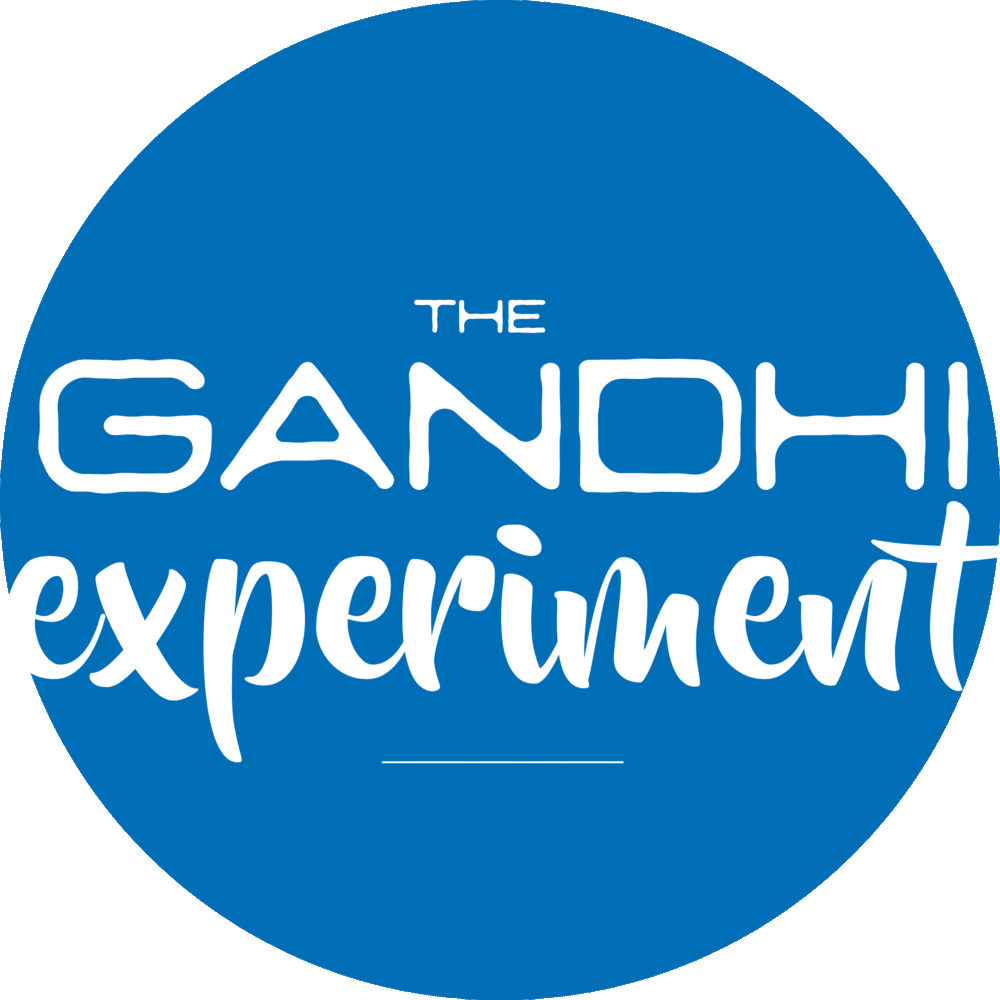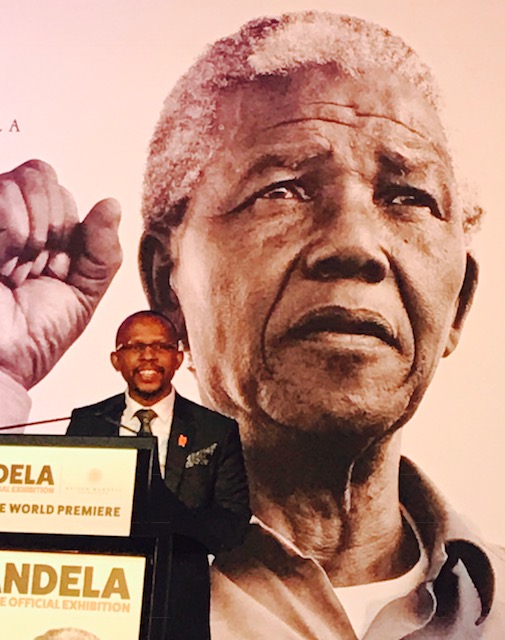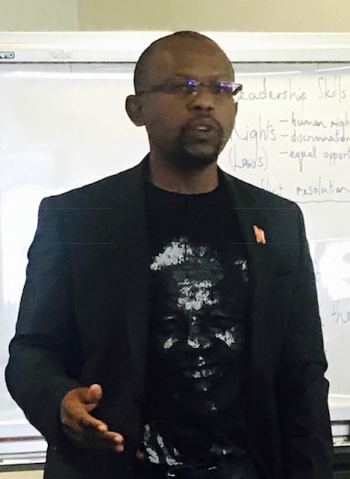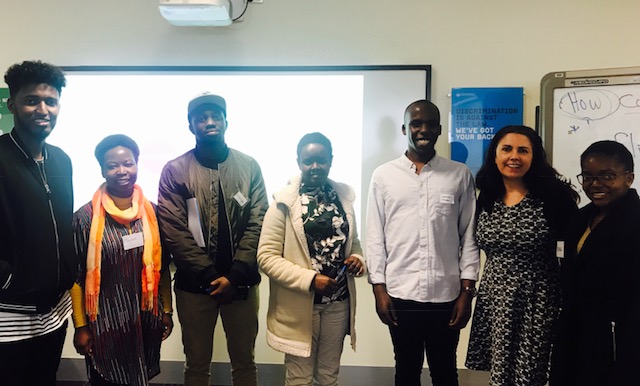Many years ago, my family were touring the US, when we entered a solemn doorway, the entrance to the National Civil Rights Museum in Memphis. Housed above us was the very Hotel room and balcony where Martin Luther King Jnr had been assassinated fifty years ago - April 4, 1968.
As we paused at the ticket booth, my young daughter, only 7 years old at the the time, looked up at the tall custodian, his welcoming hand holding our tickets. She asked, ‘Did Martin Luther King achieve his dream?’
As her parents, we were astounded. She really had been listening to our stories of the Dreamer and The Dream, the man with a vision as enormous as this country we were travelling across! She really was taking in the significance of the place we were about to enter! And...was it ok to ask him that?
The tall custodian stood back. Then he laughed, loud and heartily. ‘Yes,’ he said. ‘Look at us now! Just look at us now!’ But suddenly the laughter halted. He looked into her deeply. His voice quietened. ‘We still have a long way to go. But look at us now.’
On the 50th anniversary of Martin Luther King’s death, we would do well to pause, take stock and reflect. Years on - why, oh why do we still have a long way to go? Why haven’t we got it right by now? Surely, oh surely, it just can’t be that difficult. Yet here we still are, in a world that needs to learn a better way.
There are choices people make in times of conflict and post conflict. To implement violence is a choice. Revenge is a choice. Yet those people who have held to the mission of non-violence, even through extreme circumstances, are those who have become the most respected; held within people’s hearts, globally. As we all well know, Martin Luther King was one such person.
The alternative choice, of non-violence, is often the less easy path. Yet to choose non-violence creates transformational change – both within and without. The conscious choice of non-violence reaches out to the hearts, minds and souls of others. This is the bolder choice.
Martin Luther King led a battle ‘fought not with guns and violence, but with ideas and beliefs.’ (Colin Powell). Millions fought alongside him.
Choosing violence is sure to bring change. Dead people, wounded people. Perhaps a change of leadership. People seeking revenge. None of this is transformational. It speaks to the ordinary, to the base, to reacting not responding. Of unconsciousness, not consciousness.
What we are seeking now is the extraordinary.
So we ask ourselves, how did he do it?
On the 50th anniversary of Martin Luther King’s death, let us remember his fight against poverty, against racism, against war, against a lack of freedom in all its forms. Let us remember his fight for equality. Now let each one of us fulfil his legacy.
Mira, a young Palestinian-Australian student in one of my Global Citizenship forums sent me an email. She wrote of a renewed attitude, an alternative to revenge: ‘If I did the same, I am no better than them, whether I have a right to revenge or not...My new (almost) Impossible thought is peace for my people and forgiveness to the people who hurt us, because I know not all of them wanted to. I want peace and rights to my people and my family and future generations of Palestinians and Israelis...I have yet to forgive them, but I have no interest in revenge anymore, but instead to work towards forgiveness, but most of all, peace.
Change begins with me. Change begins with us. Mira, at 16 years old, is living the legacy of Martin Luther King.
Martin Luther King’s dream was a dream for all humanity. Thinking back on our visit to the National Civil Rights Museum, and on my young daughter’s innocent enquiry, I am reminded of what Martin Luther King's god-daughter tells us:
‘You can kill the dreamer, but you can’t kill the dream.’
















